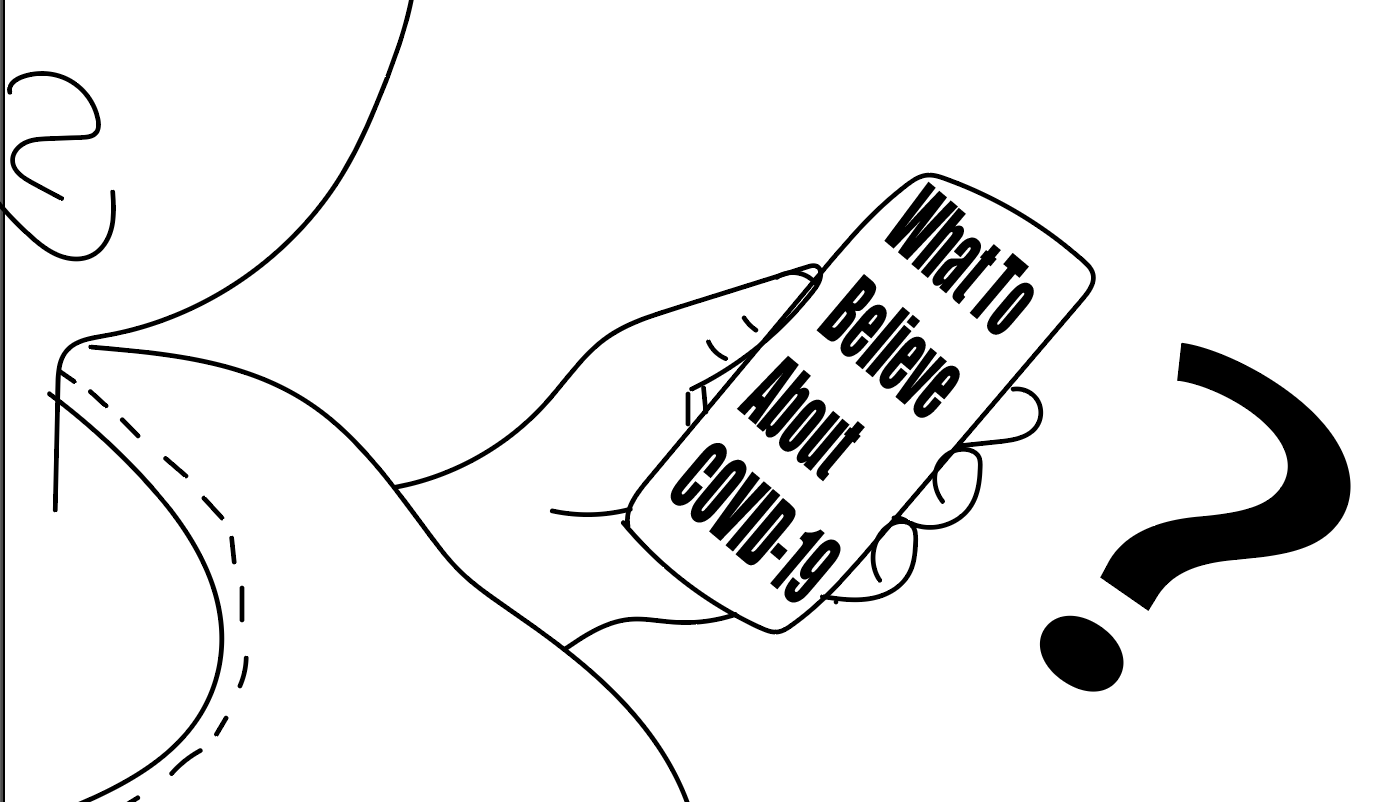
By Kaitlin Woolery
Staff Writer
New information about COVID-19 has flooded news sources and media outlets daily, causing people to question the severity of the virus, but is it as scary as the media is making it out to be?
“Social isolation elevates anxiety, quite a lot. It’s not good for us. As human beings, we are social animals and when we are separated from each other we are more prone to illness,” – Robert Brenneman, associate professor of sociology
“I think COVID-19 is scarier than most people realize,” said Patricia Delaney, associate professor of anthropology and director of the Public Health Program at St. Michael’s College, via email. “The U.S. should be following the data and the science. The US should be practicing extreme social distancing. Doing so gives us a fighting chance to slow the spread of the disease,” Delaney said.
The first outbreak of COVID-19 in the United States was reported in January. As of April 2, the number increased to over 236,000 cases, making it the country with the most confirmed cases in the world. More than 5,640 people have died in the United States, according to Johns Hopkins Coronavirus Resource Center website. These numbers are expected to increase over the next weeks and months. Fear of COVID-19 has created panic buying with people hoarding toilet paper, hand sanitizer, and Clorox wipes. “The federal government should be taking the lead in coordinating policy, sharing information, and coordinating the distribution of critical supplies,” Delaney said.
Although people of any age can contract COVID-19, those with pre-existing medical conditions and the elderly should take greater precautions by avoiding public areas. Americans are advised to practice social distancing by staying home which results in people working from home, taking online courses, and canceling events. This can create a feeling of isolation.
Prior to leaving campus, I spoke with Robert Brenneman, associate professor of sociology.. “Social isolation elevates anxiety, quite a lot. It’s not good for us. As human beings, we are social animals and when we are separated from each other we are more prone to illness,” he said.
Two weeks later I followed up with Brenneman via email after leaving campus. “Of course, there are moments when it’s necessary to accept the negative psychosocial impact of isolation, in order to avoid a more immediate threat of acute illness. That is the situation we’re in right now. But when the virus passes, we will need to attend to the many ways in which so many people have suffered harm not only from the virus but from the effects of social distancing,” he said.
People react differently to isolation. “When you combine people’s media filters with their everyday social filters, recognizing that those tend to align, you get people literally living in different social worlds, and having very different reactions such as fear of the unknown and distrust of authorities,” he said. “Ironically, we are in some ways already socially distant from people who are physically near. I have noticed this to be true even on our small campus where many students do not learn to know classmates they sit next to everyday,” Brennman said.
Professor Delaney praised the actions of Saint Micheal’s College. “The President and the Emergency Management Team have done an excellent job in a truly unprecedented situation,” she said. “The whole college has reinvented itself in less than a week. Professor Kirby’s class is doing virtual visits with elders at St. Joseph’s home; Professor Achilich’s class is helping people to plan and design victory gardens; Professor Lubkowitz has started two YouTube Channels about the microbiology of COVID-19,” she said.
Delaney offered advice to the Gen z’s and Millennials regarding social isolation. “Listen to the experts, adjust your attitude, change your behavior and don’t cheat.
“It is the first time in our lifetimes that we have had to address a pandemic on this scale. It seems like we’re living in a movie,” said Delaney. “Even though we are scattered around the country and around the world, we are still a community. I would expect no less of us,” she said.

